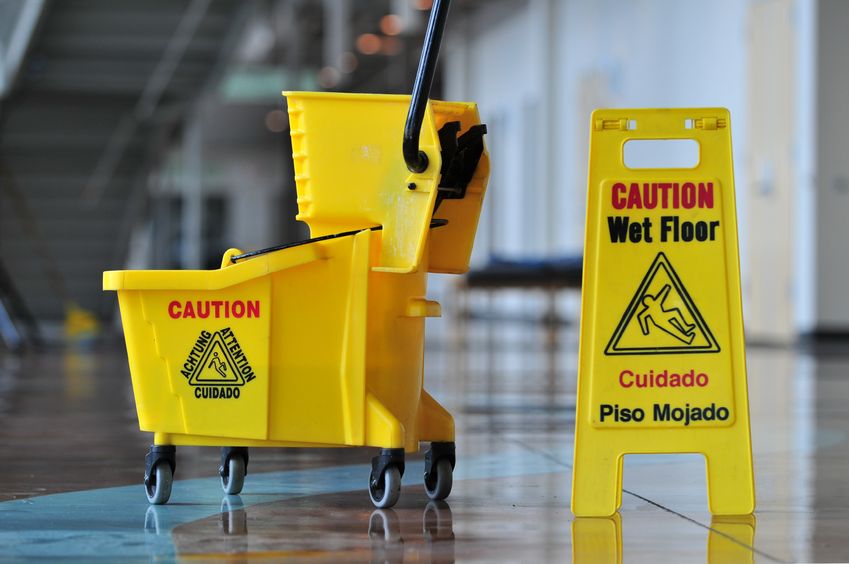 Business owners often hear about lawsuits occurring under seemingly dubious circumstances. This has led to a false belief among some business owners that they are liable for every incident that occurs within the confines of their place of business. By dispelling myths about premises liability, business owners can rest more easily and take preventative action to ensure that they don't end up on the losing side of one of these lawsuits.
Business owners often hear about lawsuits occurring under seemingly dubious circumstances. This has led to a false belief among some business owners that they are liable for every incident that occurs within the confines of their place of business. By dispelling myths about premises liability, business owners can rest more easily and take preventative action to ensure that they don't end up on the losing side of one of these lawsuits.
A Duty of Care
The law imputes certain duties onto business owners. If these duties are not fulfilled, business owners are liable for any injuries that result from their negligence. These duties also vary between jurisdictions and depending upon the nature of the injured person, although the rules follow similar lines. Property owners owe different duties of care to invitees and trespassers, respectively. Some jurisdictions add licensees as a third category, but in most jurisdictions, licensees are treated similarly to invitees.
Invitees are people who enter the property for the purposes for which it is held open. The most common type of invitee is the common customer. When invitees are on the property, property owners are required to keep their property free of hidden hazardous conditions of which the owner or one of his or her agents does or reasonably should have knowledge.
Hazardous conditions are those that could reasonably result in injury, like exposed wiring or wet floors. "Hidden" conditions on one's property are those that cannot be discovered with ordinary levels of caution. If a particularly vigilant customer could have noticed the defective condition, but an ordinary one would not, then business owners will still be liable for the injuries that result. Additionally, if the business owner or one of their agents could not reasonably have known about the condition, then the business will not be liable for negligence.
Trespassers are individuals on the property without the permission of the property owner. They are relatively rare in the context of a business and the duties owed to them are minor. Business owners need only not intentionally injure them. Some jurisdictions impute the same duty to warn or repair if the business owner has knowledge that a trespasser is there.
Warn or Correct a Hazard?
In practice, the decision to warn or correct is simple. Most business owners will do a combination of the two. When a hazardous condition is discovered, placing adequate signage and warnings to notify passerby about the condition will reduce the chances of an injury. Block physical access to the area, if possible. Then, fix the hazardous condition as quickly as is reasonably possible.
Covering Your Assets
An unpleasant reality of premises liability is that most jurisdictions allow for juries to weigh the comparative negligence of each party. Comparative negligence allows for a partial award in the event that a plaintiff was partially responsible for his or her injuries; the award will be reduced by the percentage of the plaintiff's negligence. It also allows for awards in cases where the business owner's liability is questionable.
When this is combined with the expense of litigation and the ability of a plaintiff's attorney to make a colorable argument that warnings were inadequate or that a condition could have been discovered with reasonable inspections, injured parties will often sue regardless of whether the business owner was truly at fault. Business owners can do everything correctly and still get sued. To protect against unexpected legal expenses and civil liability, property owners should obtain liability insurance.







